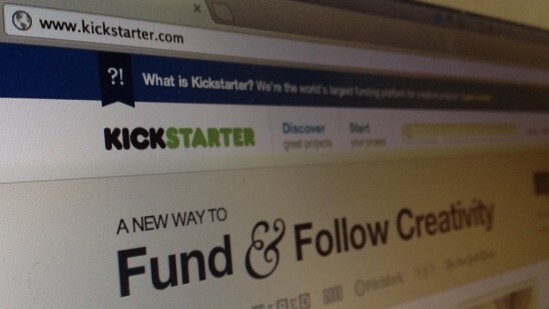
Kickstarter has introduced new guidelines for its crowd-funding platform that are meant to ensure that backers don’t get the feeling that they’re “shopping at a store”.
Creators are now required to talk about the “risks and challenges” to their projects and their qualifications for overcoming them.
New guidelines are also in place for hardware and product design projects. Creators will no longer be allowed to show product simulations or product renderings.
“Products can only be shown performing actions that they’re able to perform in their current state of development,” the company wrote.
Kickstarter encouraged creators to “under-promise and over-deliver” to keep from setting expectations too high for backers. Additionally, hardware and product design products will no longer be able to offer multiple quantities of a reward.
“The development of new products can be especially complex for creators and offering multiple quantities feels premature, and can imply that products are shrink-wrapped and ready to ship,” the company said.
Kickstarter’s revisions to its guidelines come as the platform has come under criticism for being a repository for vaporware projects. After the LIFX redesigned lightbulb project garnered significant attention, Reuter’s Felix Salmon challenged whether the project is actually viable, pointing to an earlier lightbulb project that has yet to arrive.
“So my feeling is that both Kickstarter and the tech blogosphere should start being a lot more skeptical about the claims made in Kickstarter videos, where anybody can say pretty much anything,” he said.
The LIFX team defended its work in a blog post, but it elected not to respond directly to the Reuters report.
Delays to the high-profile Pebble smartwatch project have also served as evidence for Kickstarter critics. The watch brought in more than $10 million in funding after it went viral, but the high demand caused it to miss its original September ship target.
Get the TNW newsletter
Get the most important tech news in your inbox each week.





